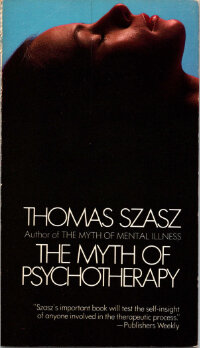Bruce J. Ennis
"Prisoners of Psychiatry" offers a compelling exploration of the intricate relationship between mental patients, psychiatrists, and the legal system. Through a thought-provoking lens, this book delves into the complexities and ethical dilemmas that arise within the realm of mental health treatment and the law. With insightful analysis and real-life case studies, the author navigates the blurred boundaries of power, autonomy, and justice that shape the experiences of those involved. A must-read for anyone seeking a deeper understanding of the intersection between mental health, psychiatry, and the legal framework.
New York. Harcourt Brace Jovanovich, Inc. 1972. 263p.









